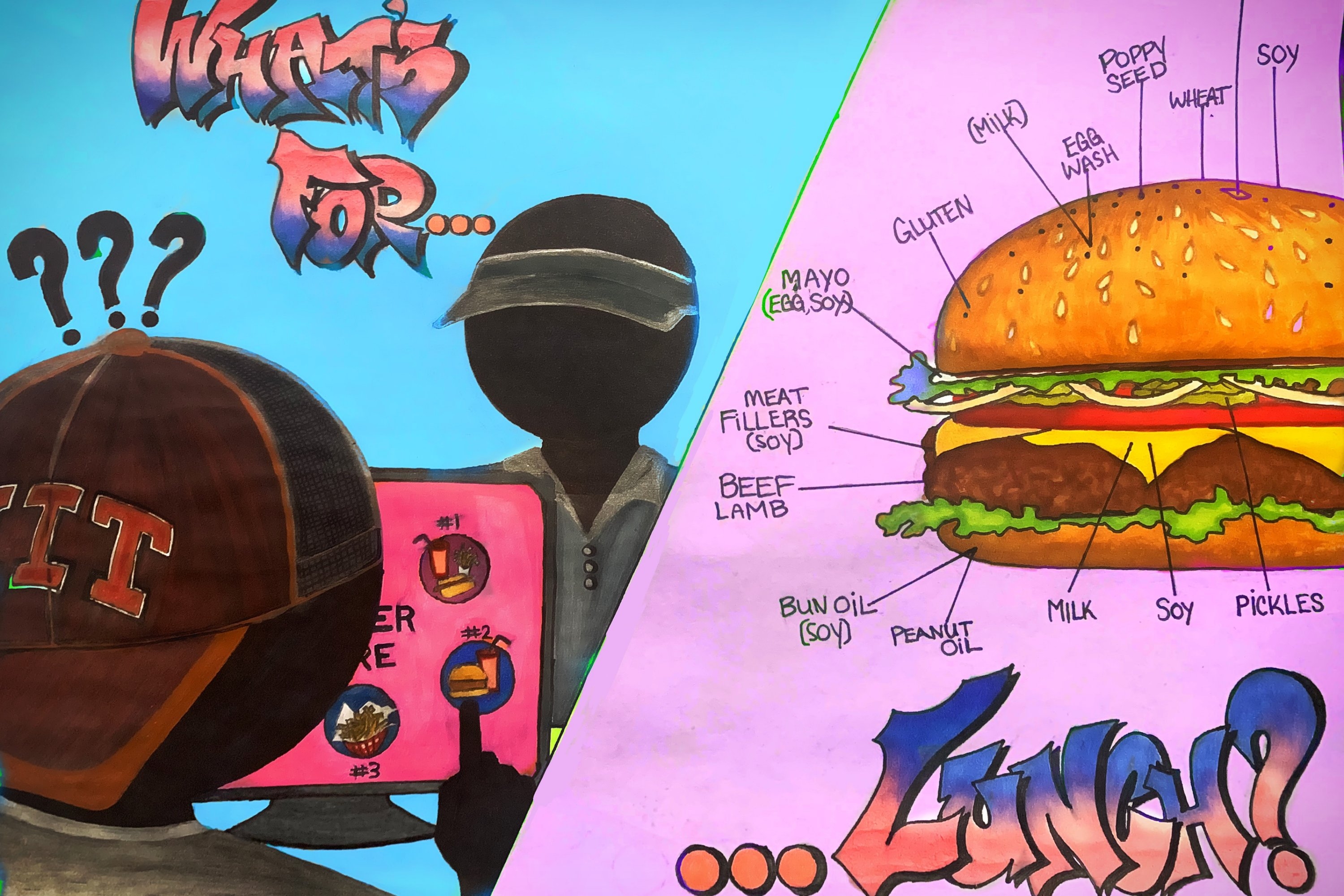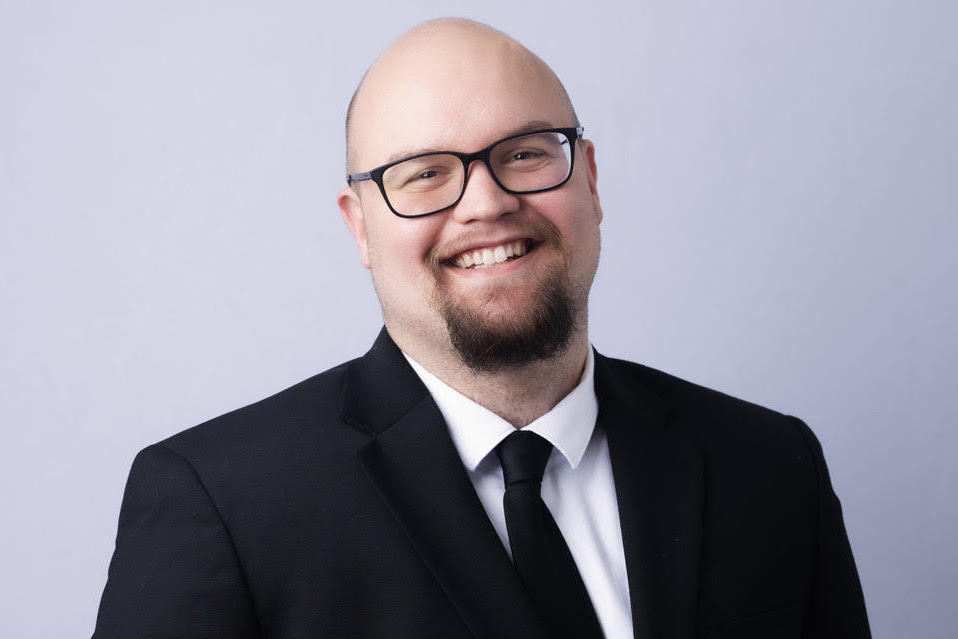Virtual bootcamps recruit from a wider world
Two entrepreneurial cohorts prove that big global problems are no match for MIT Bootcampers’ dedication and drive.

Any past participant of MIT Bootcamps can tell you that the program lives up to the intensity implied by its name. But they’d also be quick to say that the military analogy extends even further — to an enduring camaraderie that tends to bind its members together for years after their experience has ended, across cohorts, industries, continents, and all walks of life.
Though bootcamps shifted last year from a blended learning model to an all-virtual one, the structured, highly collaborative, immersive entrepreneurial skill-training experiences have lost none of their energy and rigor. The MIT Bootcamps team has maintained its ability to bring diverse but highly motivated innovators together in the service of common goals. The group has also found that going virtual has allowed greater access to programs, thanks in part to lower tuition and a lack of travel visa requirements. Whereas in-person bootcamps typically welcome participants from between 30-40 countries each year, members of last year’s cohorts represented 60.
Each bootcamp centers around a particular topic, specific to an industry, leadership skill set, or emerging technology. Cohorts are organized into small teams who work on an entrepreneurial project together, in addition to individual learning and team coaching. The program includes a series of online seminars with MIT faculty, practitioners, and industry experts, innovation workshops with bootcamp instructors focused on putting the theory participants have learned into practice, coaching sessions, and informal office hours for learners to exchange ideas freely. Bootcampers are tasked with weekly “deliverables,” which are key elements of a business plan, to help guide the group through the decision-making process involved in building an enterprise. The experience culminates in a final pitch session, judged by a panel of experts. 2020’s virtual bootcamps offerings included Healthcare Innovation (a collaboration between MIT and Harvard Medical School) and Innovation Leadership.
In what has become a hallmark of the program, former bootcampers served both as coaches and judges for pitch competitions, joining other industry leaders and innovators. Judges for the December 2020 Innovation Leadership final pitch session included alumnus Stefan Piech, media entrepreneur and member of the Siemens AG supervisory board. Piech also appears as an investor on the Austrian television series “2 Minuten 2 Millionen,” similar in concept to “Shark Tank” in the United States. He was joined by former Bain consultant Burunda Prince, COO for Atlanta’s Russell Center for Innovation and Entrepreneurship, along with MIT Innovation Initiative Executive Director Gene Keselman. Both Prince and Keselman are MIT alumni and bootcamp coaches.
Encouraging growth, promoting healing
Prior to the pandemic, blended MIT Bootcamps were intensely demanding: During the weeklong in-person component, teams (along with coaches and bootcamps staff) regularly worked late into the night and would rise early the following morning to present their work. “Bootcamps have always been a true ‘drinking-from-the-firehose’ experience,” says MIT Bootcamps Director Vimala Palaniswamy. “We may have spread out the timing of the program in the online reboot, but the rigor is definitely still there — it just plays out a little bit differently.”
If anything, for MIT Sloan School of Management alumna and bootcamp coach Priyanka Bakaya '11, the Innovation Leadership Bootcamp was even more challenging in its online-only form, as the team juggled time zones and varying levels of tech access between members. “It’s been ‘against all odds’ getting to this point,” she said. As if to make the point, Bakaya’s team’s pitch was delayed until the end of the event, owing to a power outage in Syria that left one of the team’s members without internet access.
With the flair and enthusiasm that has become a part of the bootcamps identity, the teams presented a variety of creative solutions to a series of pressing global challenges, informed in many cases by participants’ personal experiences. Mariana Zubieta, daughter of a Chilean berry farmer, inspired her team to create Wastebusters, an app that would routinely provide climate and pest problem data to farmers, with the aim of cutting down substantially on global food waste. Umer Khan, a bootcamper who pursued higher education in the U.S. before returning to his native Pakistan, led the pitch for School Buddy, a company he envisioned would encourage international cultural exchanges, facilitating collaborative learning projects between school children in different countries. The winning team proposed The CURE (Culture Understanding Resolution Empathy), a human resources solution for intra-office conflict that takes into account team members’ cultural differences, as well as the extra challenges presented by pandemic-related remote work. Judges pointed to the CURE project’s potential for far-reaching impact, as well as for hitting, as Kesleman put it, “the sweet spot between ‘why you guys?’ and ‘why this solution?’”
Joining this year’s all-online Innovation Bootcamp was the third cohort of the MIT Refugee Action Hub (ReACT) Computer and Data Science Certificate program. ReACT, which designs and deploys learning opportunities for refugees and displaced populations worldwide, brought 50 learners representing more than 20 different countries into the global bootcamp cohort, as well as five ReACT alumni. In previous years, MIT Bootcamps has hosted bespoke in-person workshops for ReACT learners Amman, Jordan. Thanks in part to the new virtual format, 2020 was the first year ReACT learners joined as part of a global bootcamps cohort, and added their unique perspective to identify problems and areas for innovative solutions.
Now in its third iteration, the Healthcare Innovation Bootcamp was co-founded by MIT and Harvard Medical School to connect entrepreneurs passionate about health-care issues with the expert guidance needed to create workable, medically appropriate solutions. The international group of entrepreneurs in this fall’s cohort included 62 participants from 28 countries across Europe, Asia, Oceania, and North America. The group included health-care stakeholders with a wide variety of backgrounds, including CEOs, public health connectors, public health specialists, researchers, doctors, nurses, surgeons, a dentist, and an acupuncturist, ranging in age from 21 to 56.
Though each had joined the bootcamp for different reasons, all brought a deep understanding of the issues their projects sought to address. The six teams proposed solutions for health challenges including a home spirometer to save cystic fibrosis patients and caregivers doctor’s office visits; Care4Can, a “passport” for a smooth recovery for cancer patients and their caregivers that combines medical information and resources for support; and the winning project, a platform that enables food allergy sufferers to identify allergy-friendly restaurants by aggregating information from multiple sources.
Panel judges included Philips Healthcare Innovation Lead Lana Caron, health care entrepreneur Pascal Fröhlicher, and Cricket Health Chief Product Officer Andrew Schutzbank, who offered this advice: “Make a good thing happen more, rather than a bad thing happen less; it’s always the stronger pitch.”
The power of connecting
In the global transition to remote classrooms, workplaces, and social spaces, it’s easy to lose sight of the human element connecting us to our far-flung colleagues, friends, and loved ones. But maintaining close connections across long distances is a cornerstone of the MIT Bootcamps experience. “Extraordinary people are what make the bootcamps transformational and enduring,” says Palaniswamy. “We believe our admissions process is about selecting individuals for this lifelong community, not just the program they apply to. And our coaches are the ‘secret sauce’ — experienced MIT entrepreneurs who are committed to supporting bootcampers by sharing their own expertise and experience.”
MIT Bootcamps founder Erdin Beshimov’s closing words to the Innovation Leadership’s cohort summed up this ethos: “You’ve grown through this experience because you’ve embraced people who are different than you — in some ways, people who are better than you,” he said. “In life, don’t be intimidated by people who are better than you. Seek them out and try to make them your friends.”





































